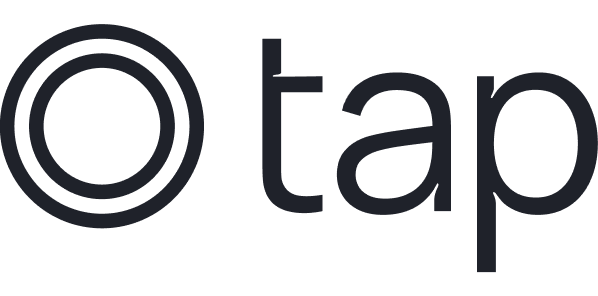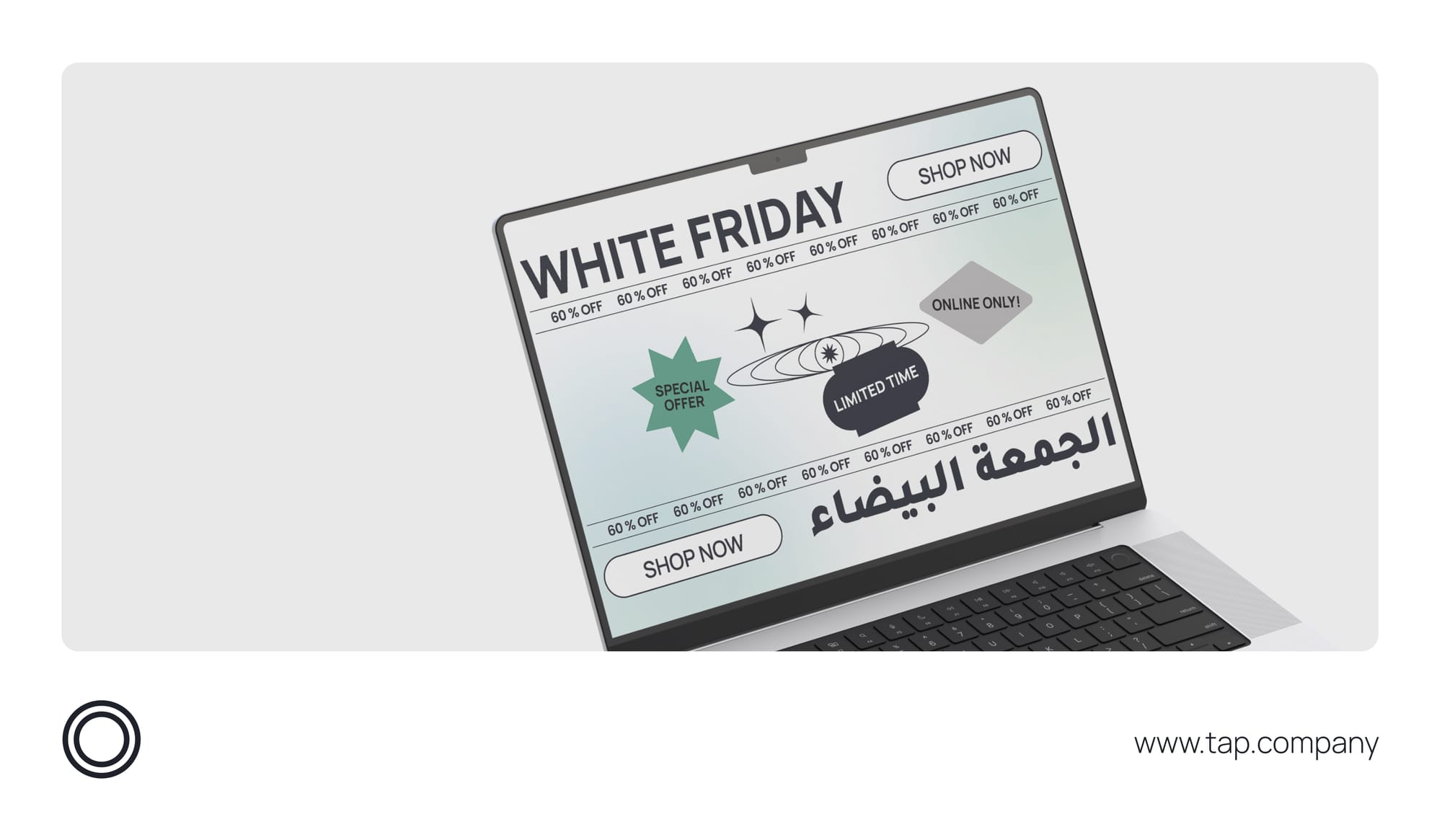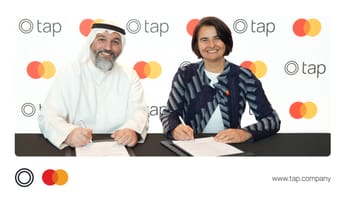
Your Guide to Bahrain’s Resolution No. 43 and the Shift to Digital Payments
Bahrain now requires all businesses to open a commercial bank account and adopt electronic payments under Resolution No. (43). Learn what’s changing and how to stay compliant.
Bahrain is moving to a cashless future. With Resolution No. (43) from the Ministry of Industry and Commerce, electronic payments are now mandatory for all businesses. Cards, mobile wallets, and payment gateways are no longer options, they’re requirements.
From small shops to large chains, every business must adapt. Electronic payments are now the standard for growth and compliance in Bahrain.
What’s Changing?
Every business needs to:
- Open a bank account under its registered trade name.
- Link that account to Sijilat, the government’s commercial registry.
- Make sure all customer payments go into this official account.
This change ends the use of personal accounts for business. By keeping payments within registered business accounts, companies protect themselves and their customers. It’s a step towards clearer finances and stronger trust across the market.
Are Bahrainis Ready to Go Cashless?
Something is changing at Bahrain’s checkout counters. Less cash. More taps and scans. The Central Bank reports that digital payments grew by 45% between 2022 and 2023.
Walk into any supermarket. People pay for bread and milk with their phones. Cashiers scan QR codes more than they count notes. BenefitPay processed 421 million transactions in 2024, a 22% increase over the previous year.
A recent survey shows 58% of Bahrainis used cash only once or twice in their last ten purchases. Just 17% still rely on it every time.
All this hints at one truth: Bahrainis are ready. The groundwork is set. Connectivity is strong, mobile penetration is at 137% and internet penetration tops global averages.
How to Follow Bahrain’s Payment Rules
- Open and Register Your Business Bank Account
Open a bank account under your business name (not personal). Bring your Commercial Registration certificate and ID to any licensed bank. Then log in to Sijilat and add your new account details to your business profile. - Set Up Digital Payments
You must accept digital payments like cards and mobile wallets. Contact a payment provider to set up a POS device or online payment gateway (for example, Tap Payments). Test to ensure payments go into your registered business account. - Keep Payments Within Your Business Account
All customer payments must go into this registered account. Using personal accounts for business is no longer allowed under the new rules.gmail - Brief Your Team
Make sure anyone handling payments knows these rules to avoid mistakes.
What Merchants in Bahrain Think?
A Visa study found 86% of Bahraini retailers saw revenue grow through digital channels. Over 80% reported more customers walking in, and three-quarters said shoppers now prefer to pay digitally.
Even merchants who still rely on cash are planning ahead. 60% intend to invest in digital payments soon. Almost half lost sales because customers didn’t carry cash.
These numbers show what happens when payments become easier. Digital payments are not a burden. They are a tool to grow your business, serve customers faster, and meet them where they already are.
Why This Matters
Bahrain is reshaping how business works. This change pushes the kingdom closer to full digital transformation. By routing all payments through official business accounts, it aims to:
- Make the flow of money easier to track.
- Protect businesses and customers from payment fraud.
- Strengthen VAT collection and ensure fair tax practices.
- Build a safer, faster, and more reliable market for everyone
In the end, it’s about creating a system that works better for businesses, customers, and the country’s future.
How Tap Payments Can Help?
Many merchants worry about transaction fees eating into their margins. Others feel overwhelmed by digital systems and compliance requirements. Tap Payments makes it simple.
As a fully regulated payment service provider in Bahrain and across the GCC. We offer transparent pricing with no hidden costs, easy onboarding for any business size, and dedicated support to guide you through setup and use. Compliance becomes easy when everything works together.
From small shops to fast-growing startups, Tap Payments brings cards, mobile wallets, and other payment options into one place. If you’re in Bahrain and need to start accepting digital payments, we’re ready to help. Over 120,000 businesses across MENA trust us to keep them compliant with new rules and growing with confidence.
Ready to go cashless and stay ahead? Get in touch with our team today at support@tap.company or visit our website to get started.
Merchant Questions
Q1. How long does it take to set up digital payments for my business?
- At Tap Payments, most setups are completed within a few days or even minutes if you're using our SDKs or plugins. Businesses in Bahrain can activate accounts almost instantly, thanks to quick integrations and dedicated support.
Q2. Will digital payments affect how I file taxes in Bahrain?
- Yes. Digital payments centralize and record all transactions automatically, simplifying VAT reporting and internal bookkeeping. Bahrain requires accurate financial records, and having payments routed through registered business accounts makes tax compliance smoother and more reliable.
Q3. Are there cybersecurity risks with accepting digital payments?
- With Tap Payments, you’re protected. We are fully PCI-DSS compliant (Level 1), use advanced encryption, and follow banking‑grade security protocols to safeguard your and your customers’ data. Accepting payments through trusted providers actually reduces fraud risk compared to handling cash.









